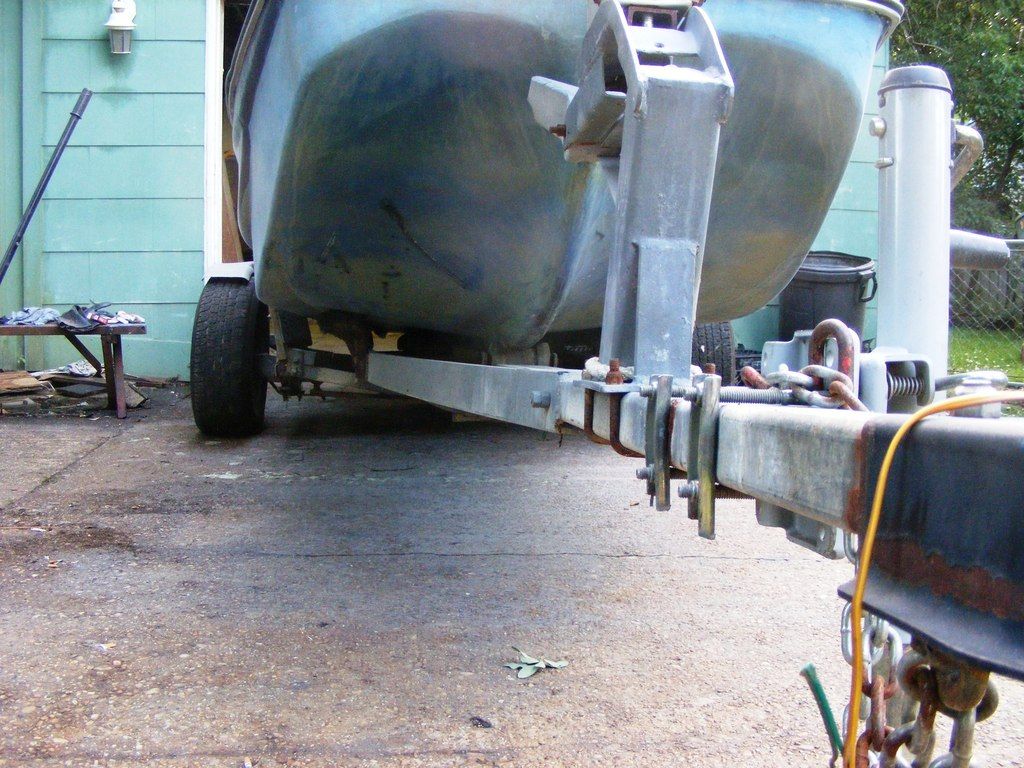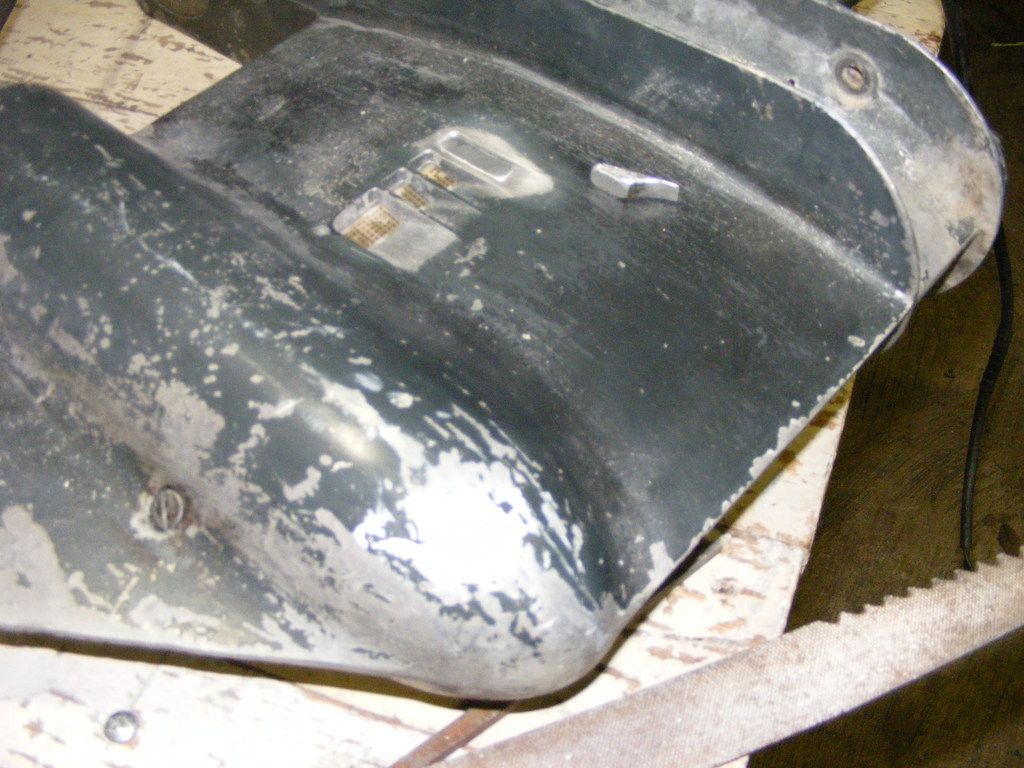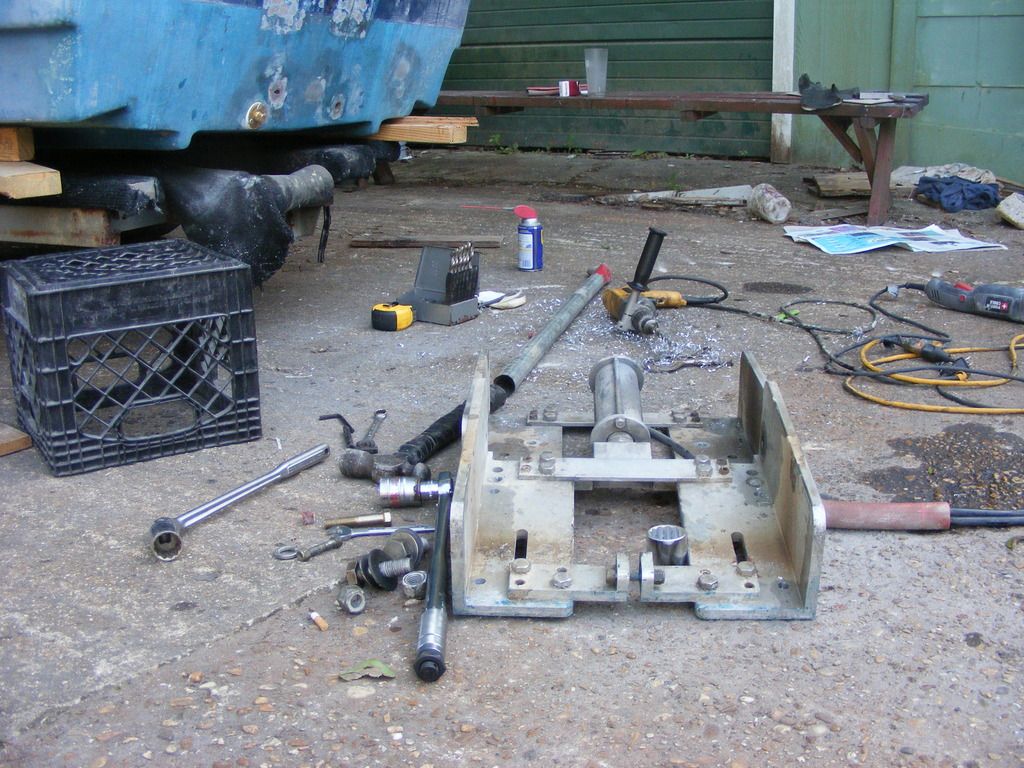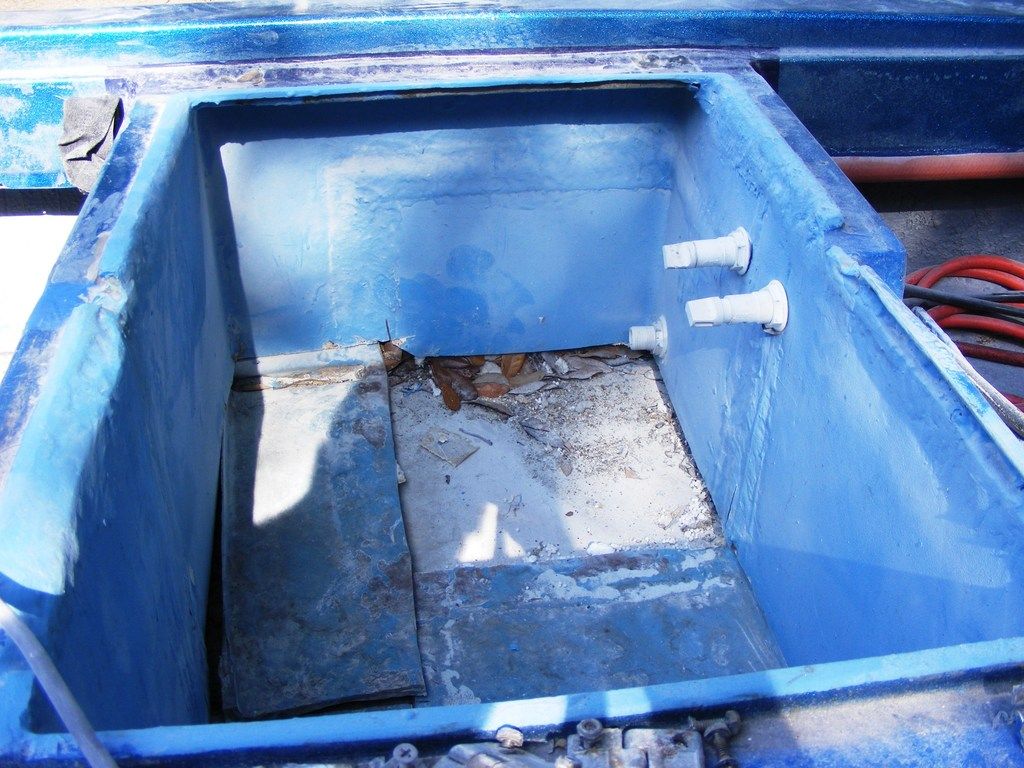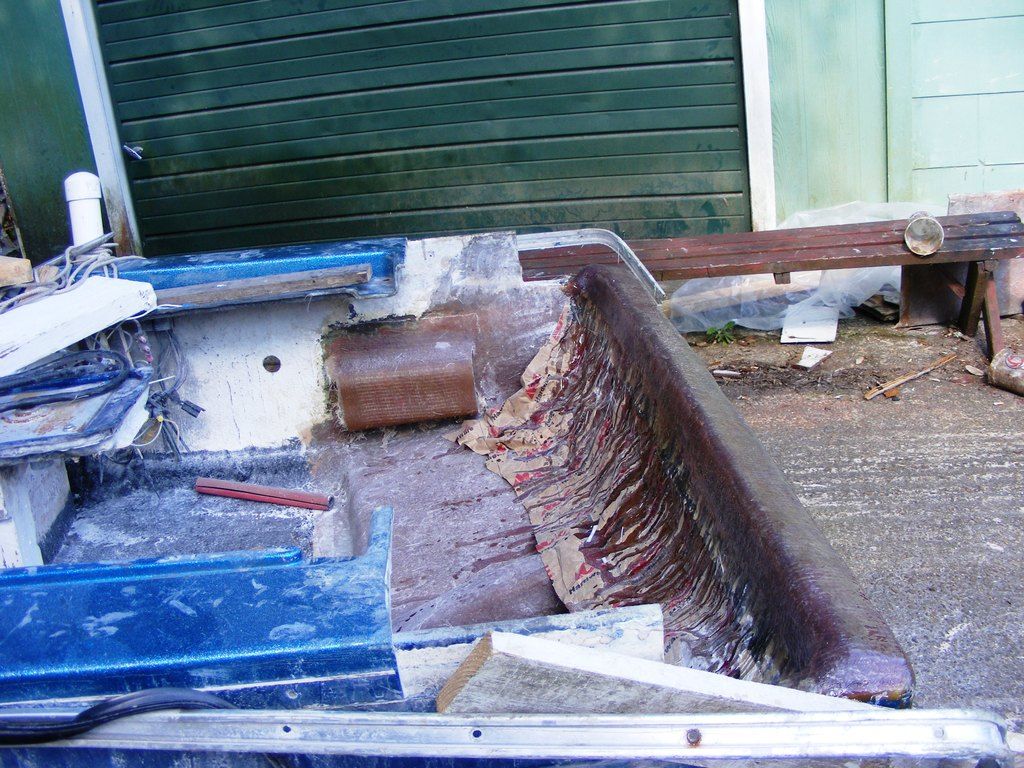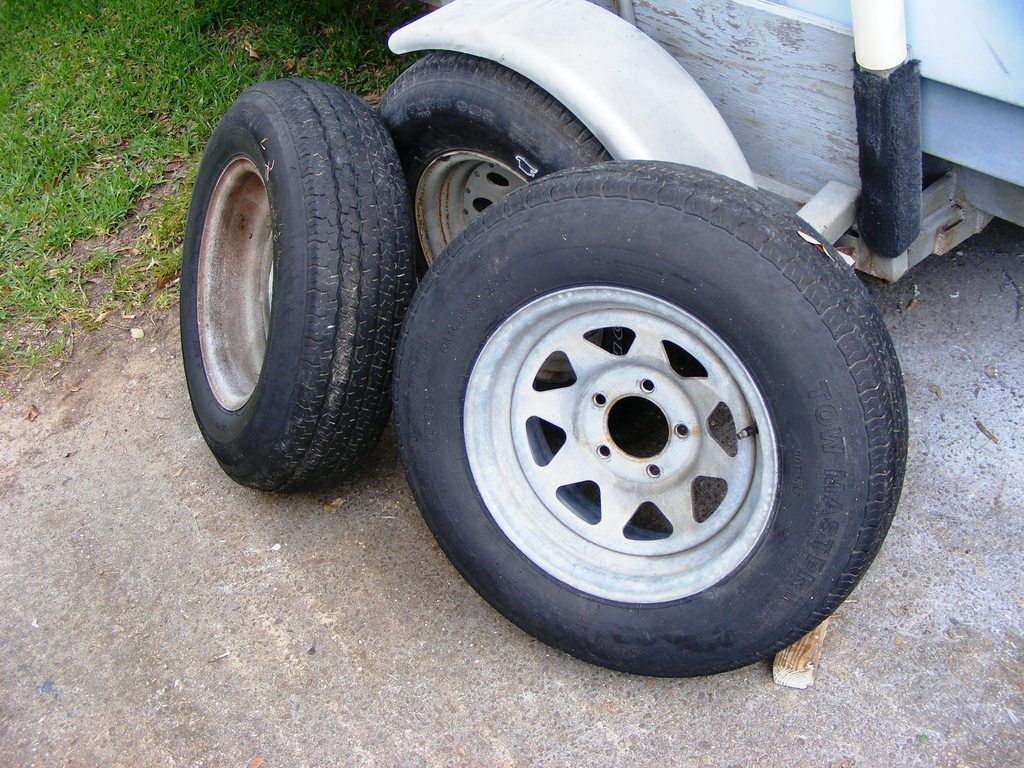does the chicken cross the road or stay under the porch? This is some why I don't paint, just never had need to learn and now seems confusing. Herculiner says polyurethane based and nothing about oil or water, or primer. I stumbled on this and the question of durability comes up
Polyurethane
Essentially a plastic in the form of a liquid until it dries, polyurethane is available in both water- and oil-based options, and comes in varieties from satin to glossy.
Water-based polyurethane is popular because of its low odor and low toxicity. It goes on clear without adding a slight color that oil-based versions can, and it dries much faster. As with shellac, water-based polyurethane won't hold up well to heat and chemicals. It's good for bookcases, desks, side tables and picture frames ? anything that won't be exposed to extremes.
Minwax Polycrylic is an example of a fortified water-based polyurethane than can stand up a bit better to rough conditions. It also can go over oil-based finishes and can be applied using synthetic-bristle brushes, a foam roller or a rag, as can other water-based polyurethanes. Water-based oil-modified polyurethane is a relatively new product that combines the durability of an oil base with the cleanup of a water base. This product can actually be used on wooden floors.
Oil-based polyurethane is slightly more durable than water-based, especially when it comes to handling heat, so a kitchen table is a good candidate. It adds a slight color tone and will bring out the richness of wood.
When working with oil-based polyurethane, use a respirator in a well-ventilated area. Apply using a natural-bristle brush or rag. Oil-based takes much longer to dry and cure than water-based, so plan accordingly and follow the manufacturer's directions.
Both oil- and water-based polyurethane can be applied to latex/acrylic paint; however, oil-based polyurethane will create a yellow or amber hue, especially to light colors. To add durability without affected color, use a water-based finish.
You can also purchase polyurethane in a spray can which makes it a bit easier to apply, especially on large projects. Wipe-on polyurethane is used primarily by woodworkers who want to create a ?hand-rubbed? finish on special projects. These two run the extremes of ease of use, but produce excellent results.
And now, I'm wondering if I could/should add hardener to Polycrylic or a similar product?




















